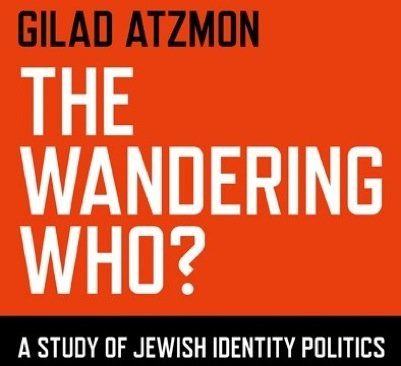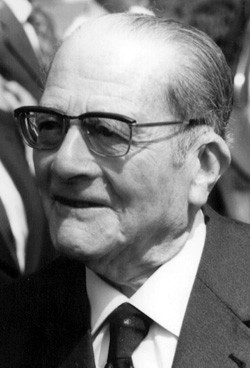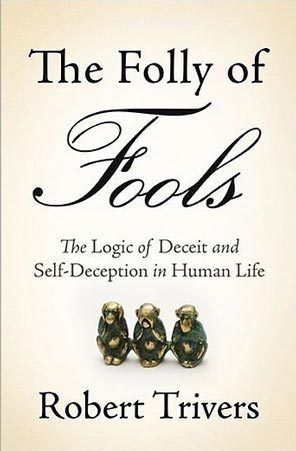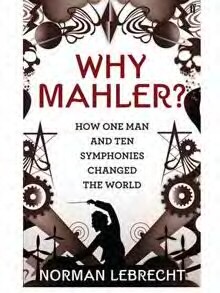Gilad Atzmon, The Wandering Who? A Study of Jewish Identity Politics (Winchester, UK and Washington, DC: Zer0 Books, 2011, 202 pp.)
 Gilad Atzmon is one of those rarest of all birds—the sort of person who would be called a “self-hating Jew” by Jewish activists. Except that he doesn’t really hate himself and really doesn’t have much of a Jewish identity at all. He is an honest leftist who happens to be of Jewish origin; or perhaps one should label him a liberal devoted to the values of the Enlightenment, without the typical Jewish blinders. Although he has a few blinders of his own, he sees quite clearly the incompatibility of Zionism with post-Enlightenment Western civilization.
Gilad Atzmon is one of those rarest of all birds—the sort of person who would be called a “self-hating Jew” by Jewish activists. Except that he doesn’t really hate himself and really doesn’t have much of a Jewish identity at all. He is an honest leftist who happens to be of Jewish origin; or perhaps one should label him a liberal devoted to the values of the Enlightenment, without the typical Jewish blinders. Although he has a few blinders of his own, he sees quite clearly the incompatibility of Zionism with post-Enlightenment Western civilization.
For Atzmon, Zionism is all about Judaism as racial identity politics, ethnic cleansing, and manipulating Western governments via the Israel Lobby. As a child growing up in Israel, “supremacy was brewed into our souls, we gazed at the world through racist, chauvinistic binoculars. And we felt no shame about it either” (p. 2). He began his journey of embracing the West as a result of immersion in jazz. Eventually, “I somehow already yearned to become a Goy or at least to be surrounded by Goyim” (p. 7).
For Atzmon, the racialism so fundamental to Zionism is an aberration from Judaism the religion. He has no problem with people who “regard themselves as human beings that happen to be of Jewish origin.” The problem arises with “those who put their Jewish-ness over and above all other traits” (p. 16). This sort of Jewish essentialism was central to Zionism from the beginning, often with strong racialist overtones. Quoting Vladimir Jabotinsky, the father of the Israeli right:
A Jew brought up among Germans may assume German customs, German words. He may be wholly imbued with that German fluid but the nucleus of his spiritual structure will always remain Jewish because his blood, his body, his physical racial type are Jewish. Read more









